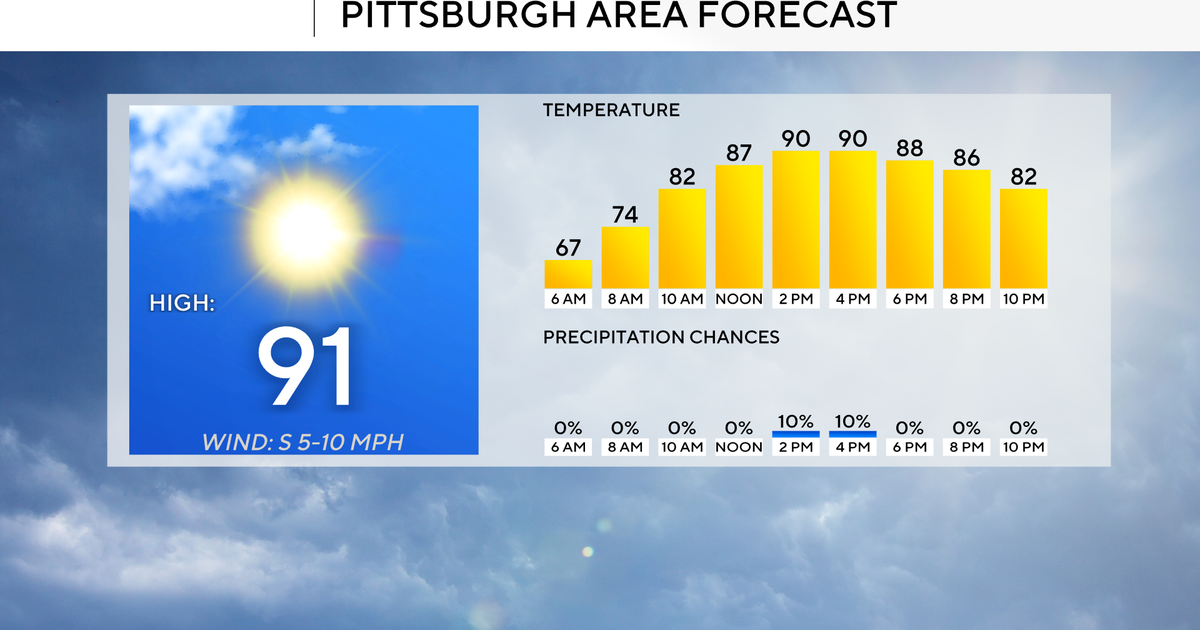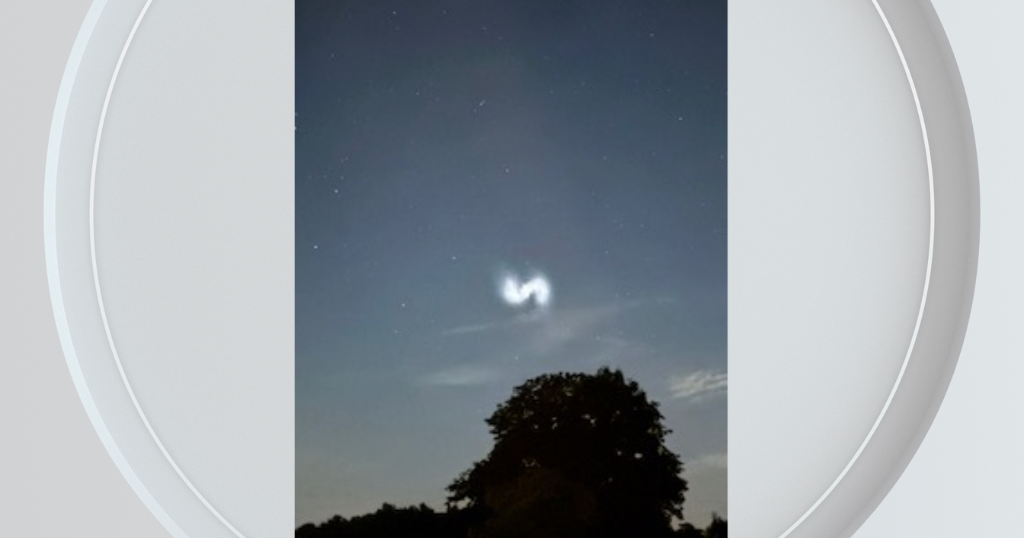KDKA Investigates: The Best And Worst Face Masks For Preventing Spread Of Coronavirus
PITTSBURGH (KDKA) -- KDKA investigator Meghan Schiller enlisted the help of a local laboratory to see if all face coverings are equally effective.
As the mask debate continues to play out across the nation, Pennsylvanians face the reality of wearing masks with no end in sight.
KDKA's Meghan Schiller went to find out if one mask reigns supreme.
"This is called a sheep's blood ager plate and it's typical in any lab," said microbiologist Jack Rihs.
Rihs invited our cameras into Special Pathogens Laboratory to cough it out and see what sticks. To stay safe, KDKA's Meghan Schiller took her temperature that morning and remained in one room for the duration of the experiment. Rihs wore his mask and stayed back during the coughing.
First, Rihs explained the process.
"You're going to cough three times onto this blood auger plate, which I mentioned again will grow not the virus, but the bacteria that's in your mouth, your nose, your oral pharynx," said Rihs of Special Pathogens Laboratory.
We decided to test four masks: a bandana, a homemade mask, a disposable mask and an unfitted N-95 mask. Rihs told KDKA that the petri dish won't grow a virus-like coronavirus, but it will show what bacteria sneaks through the masks.
After the coughing, the dishes went into an incubator for two days at 37 degrees.
"We will pull these out after 48 hours of incubation and take a look at what the results show," said Rihs.
The reveal came two days later. Up first was the N95 mask and the KDKA bandana.
"Nothing came through," said Rihs.
Next up was the homemade mask.
"Again nothing, which is good," Rihs said. "That's what we want to see."
Even the popular disposable mask had no colonies. Then, the moment of truth. The no mask results.
"Very few bacteria, just three different colonies, kind of unusual," Rihs said.
To make sure there was more than then set of results, Rihs did the experiment off-camera. He coughs wearing a disposable mask produced more colonies. His no mask dish was covered in colonies.
"What you can see are very many different colonies of bacteria, bacteria you would expect to see in normal respiratory flora," said Rihs.
Schiller: So that is something you would have expected to see on mine?
Rihs: Yes.
Schiller: Would you say that our results with the masks, or at least the disposable, fell in line with what the leading health leaders have been saying?
Rihs: Yes, definitely. In order to cut down on the transmission of this virus, you should be wearing a face covering. ... almost all of the respiratory secretions were held back by using the mask.





